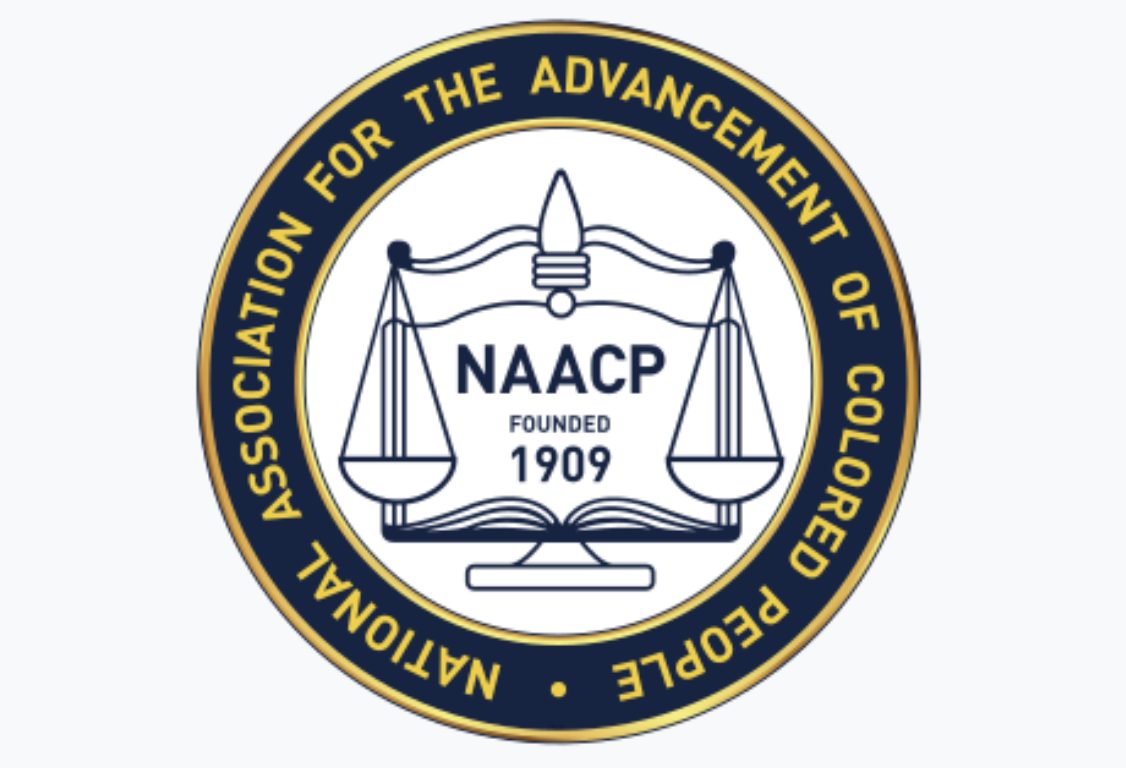
Sid Salter
By: Sid Salter
When former Mississippi Gov. Haley Barbour announced his 2003 campaign for that office, he did so in his Yazoo City hometown. When he formally announced his re-election bid in 2007, he did so in Gulfport on the Mississippi Gulf Coast – a region still devastated in every way by 2005’s catastrophic Hurricane Katrina.
Katrina remains the most devastating and expensive hurricane in U.S. history, but Hurricane Ian that just slammed the Florida peninsula may well rewrite that bit of history based on the density of population and development there.
In his brief 2007 re-election bid speech, Barbour said he chose Gulfport as the backdrop because of that reality: “I’m on hurricane duty.”
Republican Florida Gov. Ron DeSantis might do well to study Barbour’s post-Hurricane Katrina performance as he confronts his own emerging tenure on “hurricane duty” by getting a copy of the 2015 Barbour memoir entitled “America’s Great Storm: Leading Through Hurricane Katrina” (University Press of Mississippi, 243 pages).
Barbour — with an able assist from writer Jere Nash and a moving foreword by former Biloxi newspaper publisher Ricky Mathews — in that book tells a remarkable tale of resilience, determination, hardball politics and perseverance by the ablest politician I’ve personally known.
The Florida governor is at once the country’s leading GOP alternative to another presidential bid by Donald Trump – and yet next to Trump is likely the most polarizing figure on the national political scene. DeSantis is a colder, more calculating Republican candidate than Trump. He understands public policy on much deeper levels and as a former Florida GOP congressman knows more about the actual daily mechanics of governing than does Trump.
But DeSantis is capable of political theatrics that rivals those of Trump. His recent decision to fly two groups of Venezuelan migrants from Florida to Martha’s Vineyard off the coast of Massachusetts is one such instance that drew both international headlines and moral outrage.
Looking back to Mississippi’s Katrina experience, there is irony in DeSantis’s immigration stunt since no one knows better than Barbour the critical role that Hispanic immigrants – documented or otherwise – played in helping Mississippi dig out and rebuild after the massive storm over the next decade. The same will likely be true in Florida given post-Covid labor shortages.
DeSantis is already drawing heavy fire from critics citing his 2013 congressional vote against a $9.7 billion storm relief package in the wake of 2012’s Hurricane Sandy. DeSantis’s duty to do to Washington to seek federal help for his state will drag the political ball and chain of that vote with him. With only about a year before the 2024 presidential campaign cycle begins in earnest, it’s unclear as yet how much DeSantis’s future political ambitions will be impacted by his time on “hurricane duty” but it’s certain to be both significant and pervasive.
The political parallels between Barbour and DeSantis are not absolute. Before becoming Mississippi’s governor, Barbour had high-level White House experience during the Reagan administration, had served as the head of the Republican National Committee and had been an internationally prominent lobbyist.
And, as Barbour pointed out often, he had the distinct advantage of the late U.S. Sen. Thad Cochran, R-Mississippi, serving as the chair of the Senate Appropriations Committee. In short, Barbour knew how and where to turn on the faucets of federal spending and had powerful allies to help him turn them.
Barbour had more than his share of partisan critics. Yet the majority of Mississippians – a majority that twice elected Barbour governor – remember Barbour much as the rest of the country remembers him. They remember strong, decisive leadership in the wake of Hurricane Katrina.
Mississippi was fortunate in the extreme to have Haley Barbour – the consummate Washington insider and one of the world’s best lobbyists – as our governor after Hurricane Katrina. Barbour’s understanding of the federal bureaucracy and his close relationship with former President George W. Bush put Mississippi ahead of the game in terms of relief and recovery from Katrina.
DeSantis does not have many of those same levers of power at his disposal – but like Barbour, he will for good or ill be judged by his home state and the rest of the nation on how successfully he navigates “hurricane duty.”











